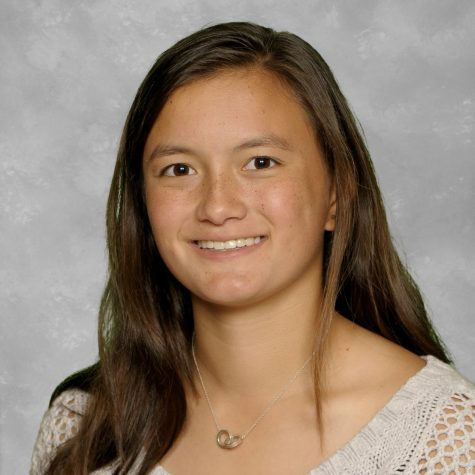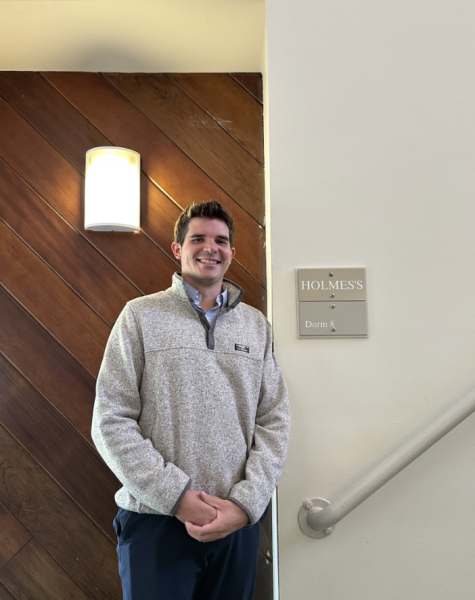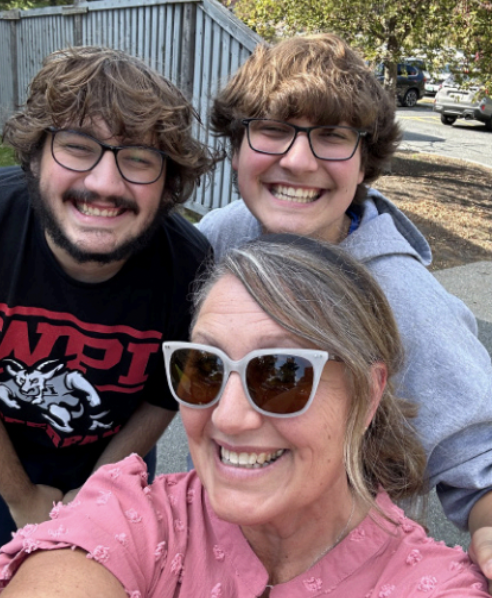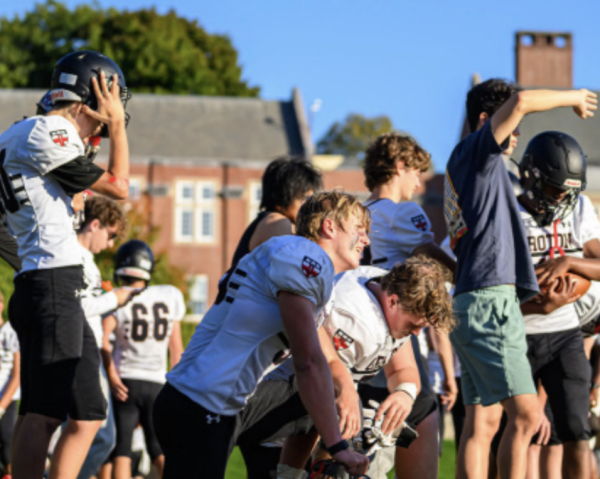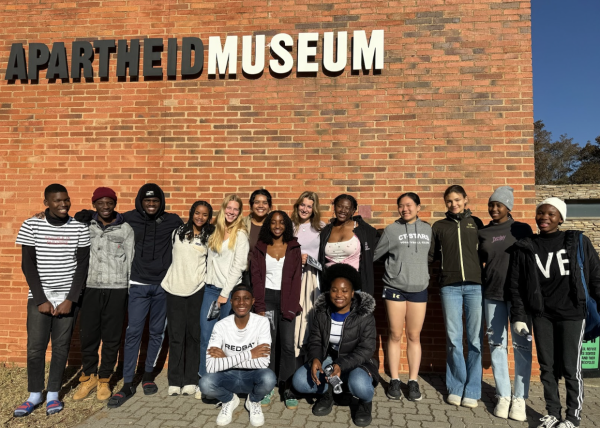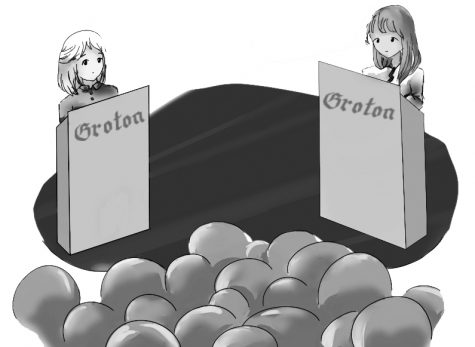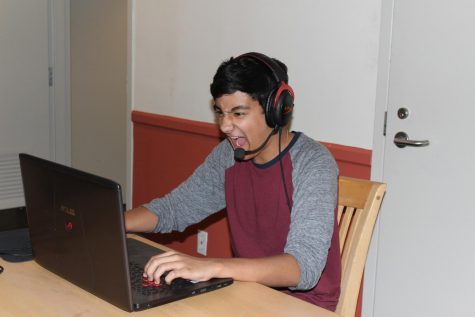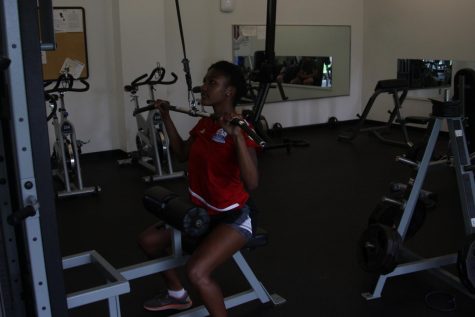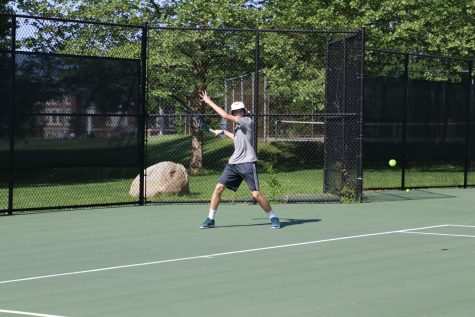A History of Groton’s Model UN Club
This year, on January 25, twelve students departed for a three-day conference in Boston, to attend the Harvard Model United Nations Conference. Since its founding in 1986, this event annually attracts students from regions as far away as South America and Africa. The conference, run entirely by current Harvard students, is one of the most widely recognized and highly-attended Model United Nations conferences around the world. For three days, students spend hours attending meets, deliberating, and forming resolutions to propose to the mock general assembly.
MUN is, as the name would suggest, a simulation of the United Nations. Students at the high school, college, or even middle school level represent diplomats from countries from around the world in mock committees. On the social front, students have a chance to meet other internationally-minded students from around the world
History teacher John Lyons first started a MUN group at Groton in the early 2000s. Originally, the school took part in the Georgetown MUN conference in Washington D.C. Due to complications arising from the clashing of conference dates and long weekend, the program was discontinued in 2008. After receiving interest from both current and prospective students, Mr. Lamont reestablished the program in 2013. The program has been running for three years and the team has attended both Yale and Harvard MUN conferences. Over three years, MUN’s popularity has increased, with twenty-six students in total affiliated this year and twenty-four of those students attending either MUN or Model Congress (MCONG) conferences. Mr. Lamont attributes the club’s popularity to both the increasing interest of current students and an influx of new students with previous experience.
This year, Groton students, grouped with specific committees, were assigned to research various issues with regard to Pakistan, their assigned country. Possible jobs for students ranged from researching human rights to working as a member of the press corps. As preparation for the conference, each committee uses their research to complete a position paper, a document explaining their issue and solution to the problem, and submit it to their respective committee heads. As MUN head Margot French ‘18 explains, students “represent their [assigned countries] and interact with other delegates based on [the assigned country’s] allies or enemies.” Margot further explains that “the goal is to draft a successful resolution that deals with an issue presented within your committee.”
After weeks of preparation, each twelve-person team travels to its respective conference. MUN and its partner club, Groton’s Model Congress (MCONG) group, dedicated two hours every Sunday for two months to participate in the event. Students are assigned to a wide range of committees spanning topics from environmental work to international security keeping.
Despite the lengthy preparation, MUN provides opportunities not only a learning process for those interested in international relations, but also a valuable social experience. MUN/MCONG co-head Jack Wilmerding ‘19 says that the group “is a really good experience for anyone with aspirations for politics. Otherwise, it’s a lot of fun to go out of my comfort zone and socialize with students from around the world that attend these conferences.” MUN participant Fran Saldivar ‘19 enjoys meeting fellow students who are “very motivated” and “clearly there to make a change in the future.” As the MUN conference ends, the Model Congress students prepare for the Harvard Model Congress event, also hosted in Boston, where student have the opportunity to portray real-life political figures such as governors and house judiciaries.


